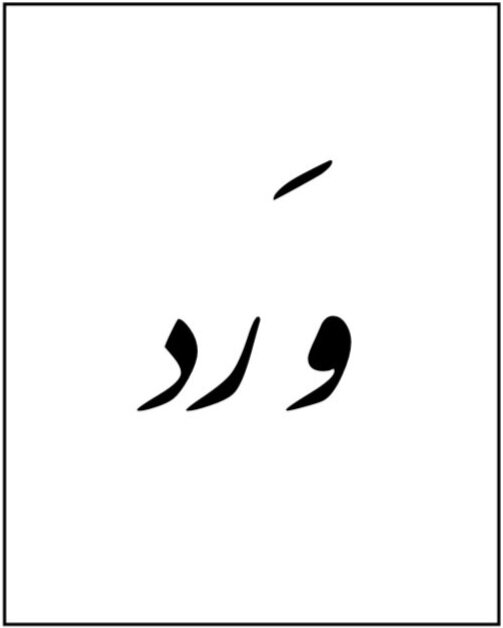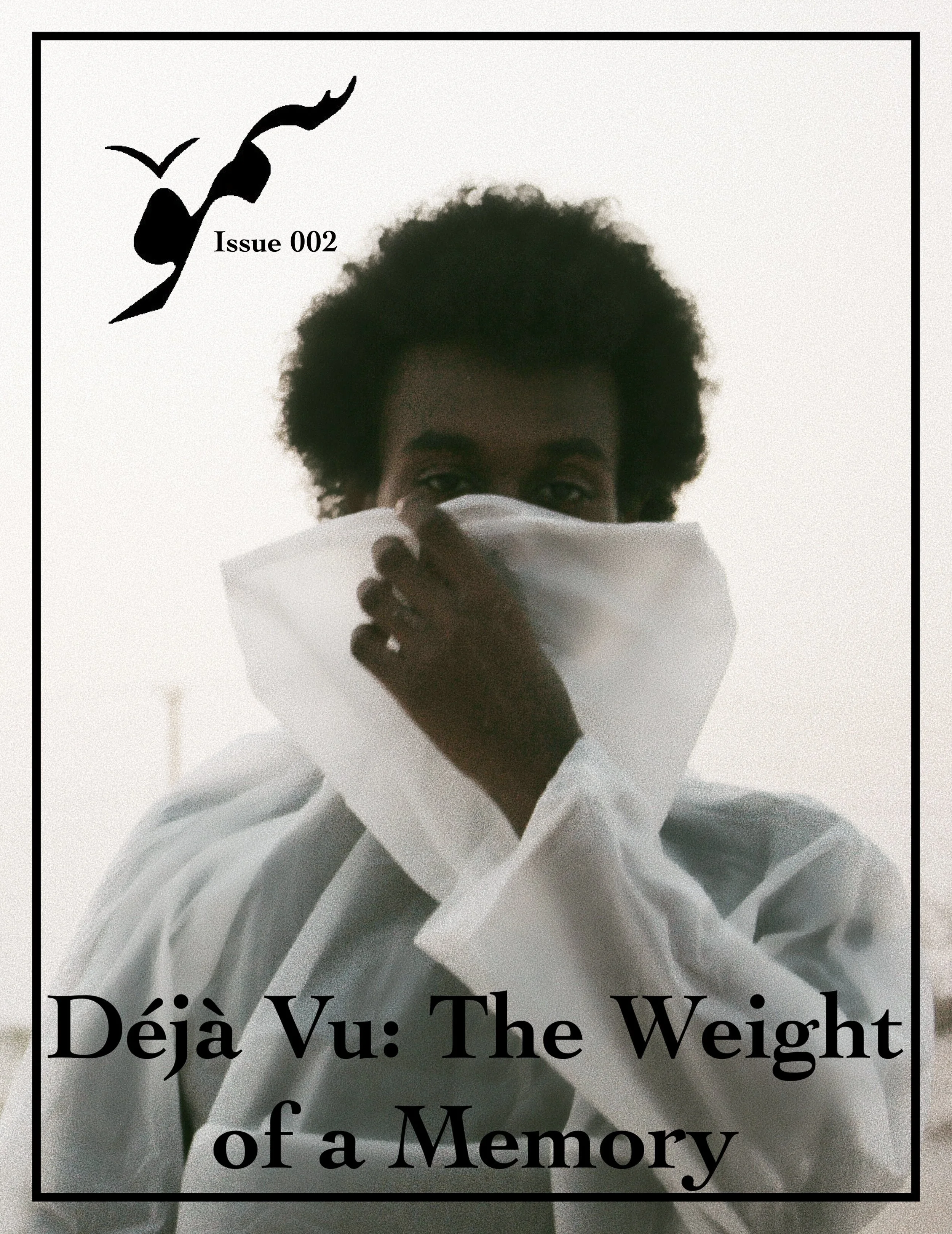Jood AlThukair is the founder and editor-in-chief of Sumou Mag. She is a 20-year-old writer, artist, and literature student who plans to spend her time reading but always stays up on the Internet instead.
When and how did you explore your passion for the arts and writing?
Growing up, I was always surrounded by books and paint. My grandfather, an avid reader—and sometimes writer—passed his love for the arts to my mother. My mother, a literature student in college when she had me, made me develop a kind of connection with the arts. I remember coming back from kindergarten with a note in the margins of a short story I wrote. My teacher urged my mother to amplify my love for writing and creating art, but I think what I have is beyond a piece of advice within the margins of a paper. It needn’t be said—it was inevitable.
I don’t normally classify myself as a writer, because I think that titles create barriers instead of closing distance. When I say, “I write,” the action becomes far more raw and intimate. It’s really part of my lifestyle, so I don’t see it as something I get to categorize myself as. Setting a title for myself sets expectations that I don’t necessarily like to abide by, so I think the verb of it is more malleable and can, more or less, set me free.
What inspired you to found Sumou Mag?
Starting 2nd grade, I would recycle my mom’s magazines through making collages. I would then stack the papers and bind them into little zines.
My mother tells me I’m everything she wanted to be. It was her lifelong dream to start a magazine, and coincidentally, it became mine as well. Everything I do is a collection of my parents and grandparents’ aspirations, so I take it as a responsibility to hone what I create.
How do you think independent publications contribute to the current art scene?
I think that independent publishers can give artists more exposure when it comes to trying to make a name for themselves. It can be really hard for emerging artists to gain exposure on their own, so aside from the fact that independent publishers are accessible to everyone, they can also be beneficial for artists whose works will reach larger audiences that share the same interests. I think that independent publishers might be one of the largest contributors to the current art scene due to the diversity and constant exposure in their content. It doesn’t matter how experienced the artist or writer is, as long as their work is suitable for publication.
How can you describe navigating an art scene dominated by wealthy cis men as in independent woman publisher?
I think privilege and nepotism don’t discriminate and could come from both wealthy men and women. But the upside of this is that you could see the effects take place on their work if the platform is solely based on gaining money. Having to start from scratch is hard, but I find myself lucky to be an independent woman publisher than being the other way around. In all honesty, I think that independent publications, specifically created by women, get more raw audience attraction than those created by wealthy cis men. Navigating Sumou has been nothing but a beautiful journey, and having readers and creators who express how safe they feel when they partake in our platform is always something I will take pride in. We only turned 1 a few days ago, and that reminded me of how Sumou was created for those who want to unapologetically create, and this will never change.
What is your advice for aspiring writers and independent publishers?
You can always take inspiration from anything, but when it’s taken out from another creative whose work is distinct, you have to state your reference and give credits. Always do what you feel like creating. Experiment. Not everything you do will be worth publishing, but it feels therapeutic to release things from your creative system.
Why did you decide founding Sumou online, and who is the targeted audience?
The internet has become an alternative for a lot of things. Magazines and publishers lean towards digital prints now, since the internet is replacing most tangible materials. But the internet also connects people from around the world and is free of charge--in a way. It’s more accessible than having every issue released in print, even if it print issues would be beneficial for the success of our business. We still haven’t gained a single riyal, but we’re doing it out of passion, and I think that’s what makes creating special.
Our targeted audience is youth, no matter the political barriers and social differences the world has set on us. Sumou is here to voice our thoughts when other platforms require more developed voices (both in age and experience). Sumou is meant to be a little virtual bubble that is remote from the loudness and toxicity of other social media apps and platforms.
Visit Jood’s website for more of her work.




